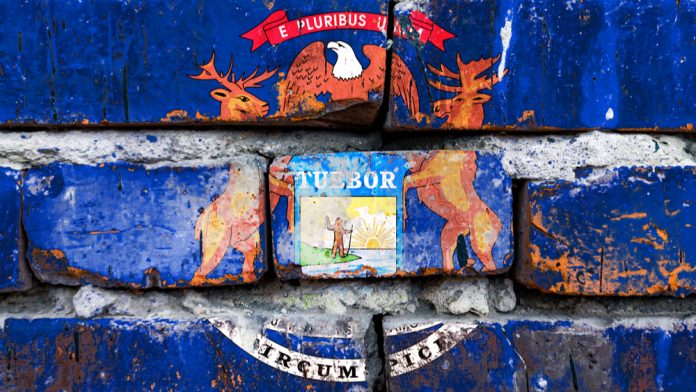The Sault Ste. Marie Tribe of Chippewa Indians has confirmed it will seek relief regarding a ruling from Ingham County, Michigan, Judge Joyce Draganchuk earlier this month.
Under the initial ruling on January 3, Draganchuk’s decision awarded $88m in damages to JLLJ Development and Lansing Future Development II.
The court order related to the proposed casinos in Lansing and Romulus after the tribe’s gaming arm, Kewadin Casino Gaming Authority, had partnered with the developers to construct the casinos.
However, Draganchuk earlier ruling was due to the development contracts not providing an option for monetary recourse if both casinos ceased to be complete or open.
Sault Tribe Chair, Austin Lowes, noted: “The Sault Tribe is deeply concerned with what it has discovered in reading the court’s opinion. Our board has met with our legal counsel and is hopeful a new direction will lead to a better outcome.”
Recent plans for the two aforementioned casinos in Lansing and Romulus have stalled due to several ineffective attempts to seek approval from the US Department of the Interior, which aimed to bring the proposed casino land into the trust – a requirement required to operate casinos outside of a tribe’s reservation.
The next step in the tribe’s legal proceedings will be to motion for relief from the above ruling to Judge Draganchuk, as well as appealing to the Michigan Court of Appeals, if deemed necessary.
Throughout the remainder of the case, the Sault Tribe has confirmed it will be represented by Daniel V. Barnett of Grewal Law after terminating its working relationship with the Patterson Law Firm.
The decision comes after the Sault Ste. Marie Tribe of Chppewa Indians filed a lawsuit on August 18, 2018, in the US District Court for the District of Columbia against the Secretary of the Interior, Ryan Zinke, and the US Department of Interior.
At the time, the lawsuit challenged the department’s ruling to deny the tribe’s application that seeked trust status for lands acquired by the tribe in Huron Township and in downtown Lansing – the latter being a proposed $245m, 125,000-square-foot casino.
Within the lawsuit, it alleges that the decision from the US Department of Interior to withhold trust status for said lands was “arbitrary and capricious and violated his mandatory duty” under the Michigan Indian Land Claims Settlement Act.
In addition, it stated that the act created a “self-sufficiency fund” and authorised the tribe to use the interest from that fund for “the consolidation or enhancement of tribal lands” or for the “social welfare” of tribal members. It specified that any lands purchased by the tribe under this provision “shall be held in trust by the Secretary.”
The department’s written decision was issued on July 24, 2017. In the decision, Department of the Interior Associate Deputy Secretary James Cason concluded the tribe failed to meet its burden of demonstrating that its acquisition of the parcels would effect an “enhancement” of tribal lands as necessary to trigger the mandatory land-into-trust provision of the Michigan Indian Land Claims Settlement Act.












